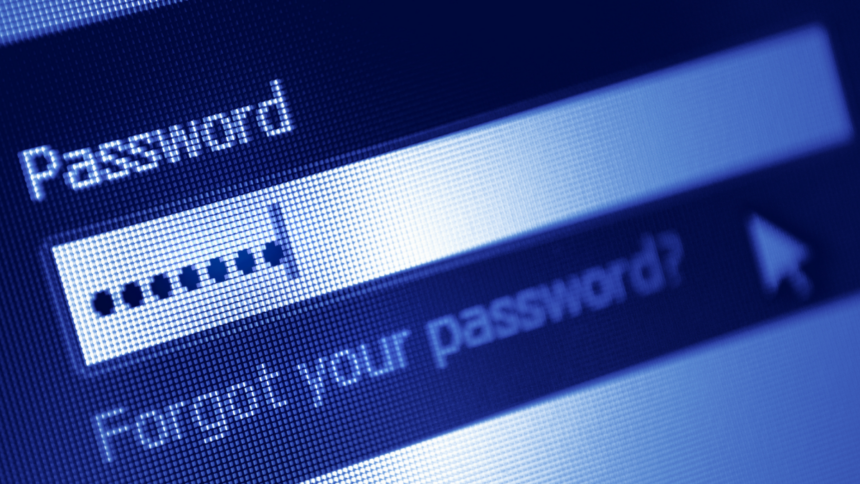Data Exposure Alert: A Massive Security Breach Unveiled
In today’s digital landscape, the likelihood of personal information being compromised is alarmingly high. A recent revelation, documented by Wired, uncovers a worrying scenario.
Security expert Jeremiah Fowler discovered a publicly accessible database that contained an astonishing 184,162,718 records, translating to more than 47GB of data. Unusually, there were no details revealing the data’s origins or its owner, marking this as a significant anomaly among similar databases. The information included emails, usernames, passwords, and links to various platforms, covering major services such as Microsoft, Facebook, Instagram, and others, in addition to sensitive accounts related to banking, healthcare, and government from at least 29 different countries, including the U.S., Australia, Canada, China, and India.
In response, Fowler issued a responsible disclosure notice to the database’s host, World Host Group. He identified that the information appears to have been obtained through infostealer malware, a tool typically used by cybercriminals to extract confidential details from multiple online sources.
As a result of Fowler’s notice, World Host Group restricted public access to the database. According to their statements to Wired, this database was managed by a “fraudulent user” who had uploaded illicit data onto their server.
To validate the authenticity of the data, Fowler reached out to several email addresses he uncovered in the records. Some recipients responded, confirming that the information linked to their emails was indeed accurate. While this doesn’t guarantee that every one of the 184 million records is valid, it suggests that a substantial number may be. This raises the potential that many individuals could find their credentials compromised in this breach. Alarmingly, Fowler noted that it is unclear how long this database was publicly accessible prior to its deactivation.
The implications of this data leak are concerning. If an individual obtains your username and password combination, they may not only attempt to access that particular account but also leverage those credentials across your other accounts. For those who practice password reuse—a common behavior—this could lead to a widespread security breach. The risks extend beyond social media; with financial and health accounts in this mix, the stakes are significantly elevated.
Safeguarding Your Online Accounts
Without access to the compromised database, determining the presence of your credentials within it is impossible. However, taking proactive measures remains essential. If it has been a while since passwords were updated, it is an opportune moment to do so. While frequent password changes may not be necessary as previously thought, conducting a quick security review of your accounts is advisable.
Utilize strong and distinct passwords for every account you own. Reusing passwords poses the risk of credential stuffing, where cybercriminals might attempt to use stolen passwords across various accounts. Consider employing a reliable password manager to keep your passwords secure and organized.
Implement two-factor authentication (2FA) on any accounts that support it. This additional security layer ensures that even in the event of a password leak, unauthorized access is thwarted without physical possession of the 2FA device. To enhance security, steer clear of SMS-based 2FA whenever feasible, opting instead for more secure alternatives like an authenticator app or a physical security key. Additionally, explore using a passkey if available. This merges the convenience of a password with the enhanced security offered by 2FA.












